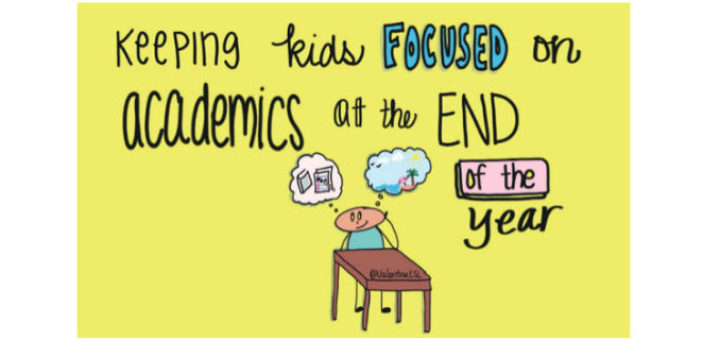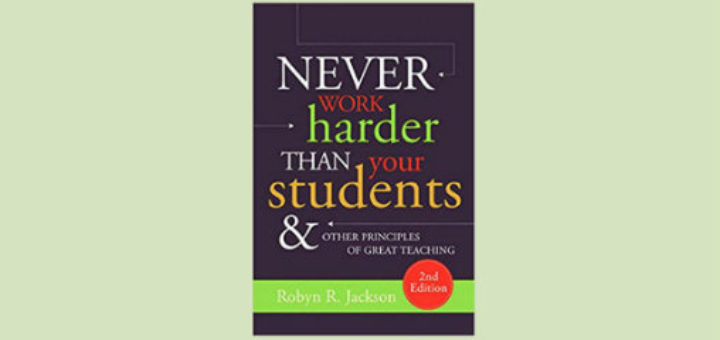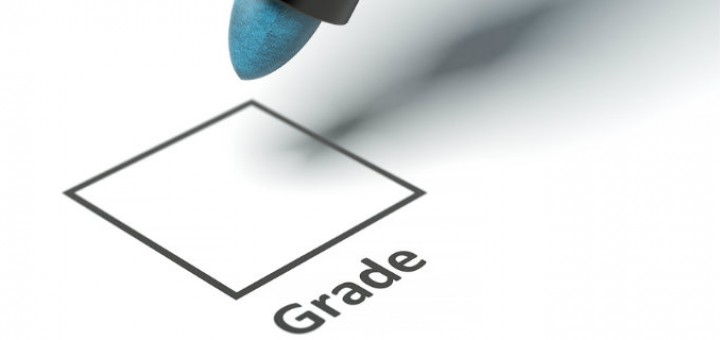Tagged: teacher evaluation
End of year is an optimal time for educators to step out of our comfort zones and try innovative techniques with our students. Don’t fall into “countdown mode.” Think of this time as a gift, without the pressure of state testing. Give Valentina Gonzalez’s strategies a try!
Teacher Kathleen Palmieri strongly recommends the 2nd edition of Robyn Jackson’s book on the principles of mastery teaching, noting updated information, new tools and fresh topics that reflect Jackson’s own decade of learning. Included: a mastery self-assessment.
It remains unclear to Mary Tarashuk how rampant standardized testing is actually helping her fourth graders become successful and enthusiastic learners. As she prepares for her own evaluation, Mary shares pushback from parents, students, and HBO’s John Oliver.
How to cope with teacher evaluation rubrics that don’t work in the real world? Shift your thinking and find one that does. That’s what Mary Tarashuk is doing by adapting a student rubric created by Michael Fisher & Nancy Cook to reflect on her own practice.
Current policies & practices supported by education reformers do not assure that students with disabilities can achieve Common Core standards, says special educator Elizabeth Stein. Inclusion students and teachers are trapped in a tangled web.
Middle grades teacher Mary Tarashuk has reached the final rubric in her state’s mandated teacher self-assessment: Professional Responsibilities. She says the words used to define “highly effective” performance seem out of synch with real teaching.
4th grade teacher Mary Tarashuk continues to dissect herself using NJ’s teacher self-assessment rubrics. This time: Delivery of Instruction. Spotlight, please.
Mary Tarashuk is working on the Classroom Management domain of NJ’s teaching self-assessment rubrics. Some words are a bit hard to digest.
When Mary Tarashuk did her first teaching self-assessment using the Marshall Rubrics adopted by her district, she discovered things about herself–and about rubrics.



















